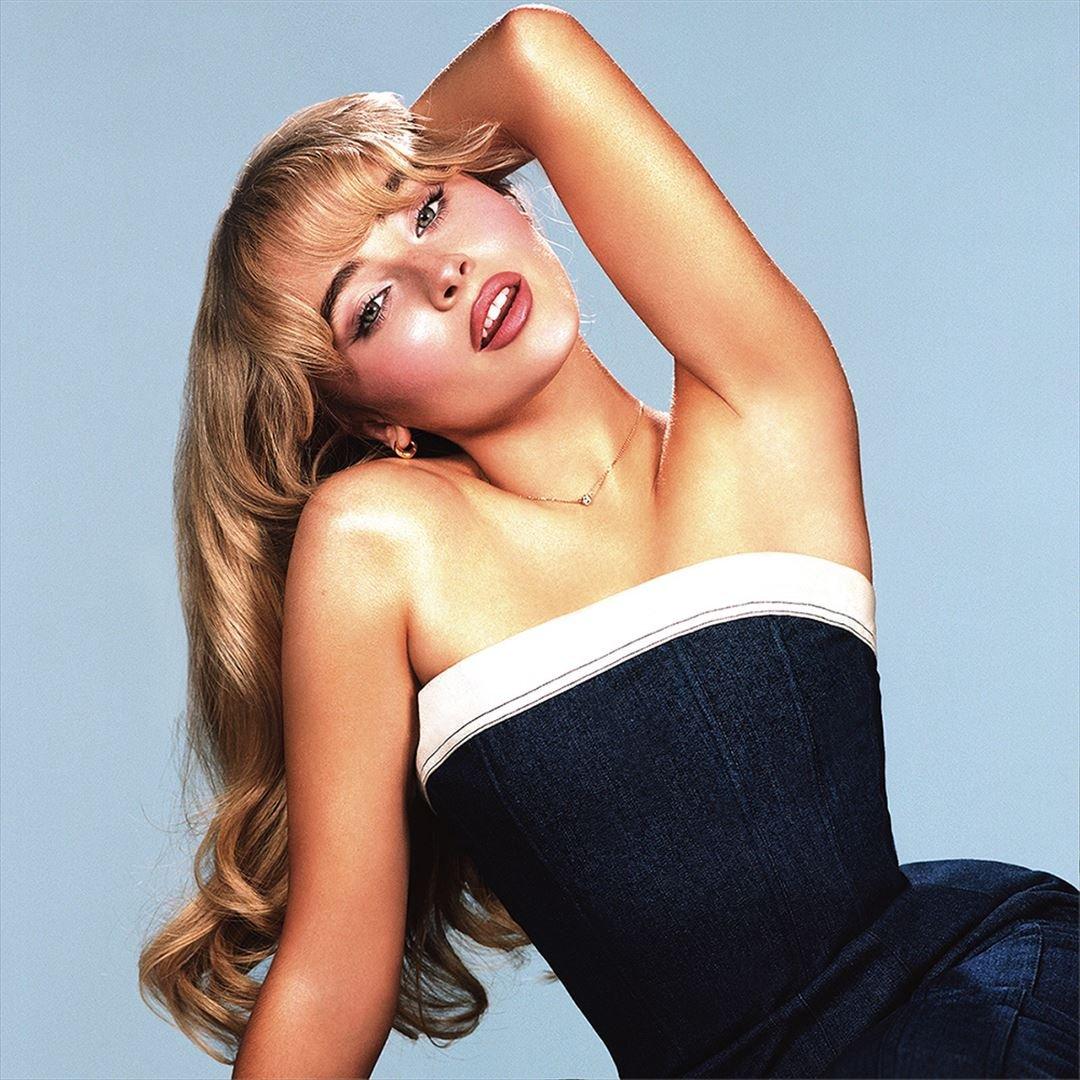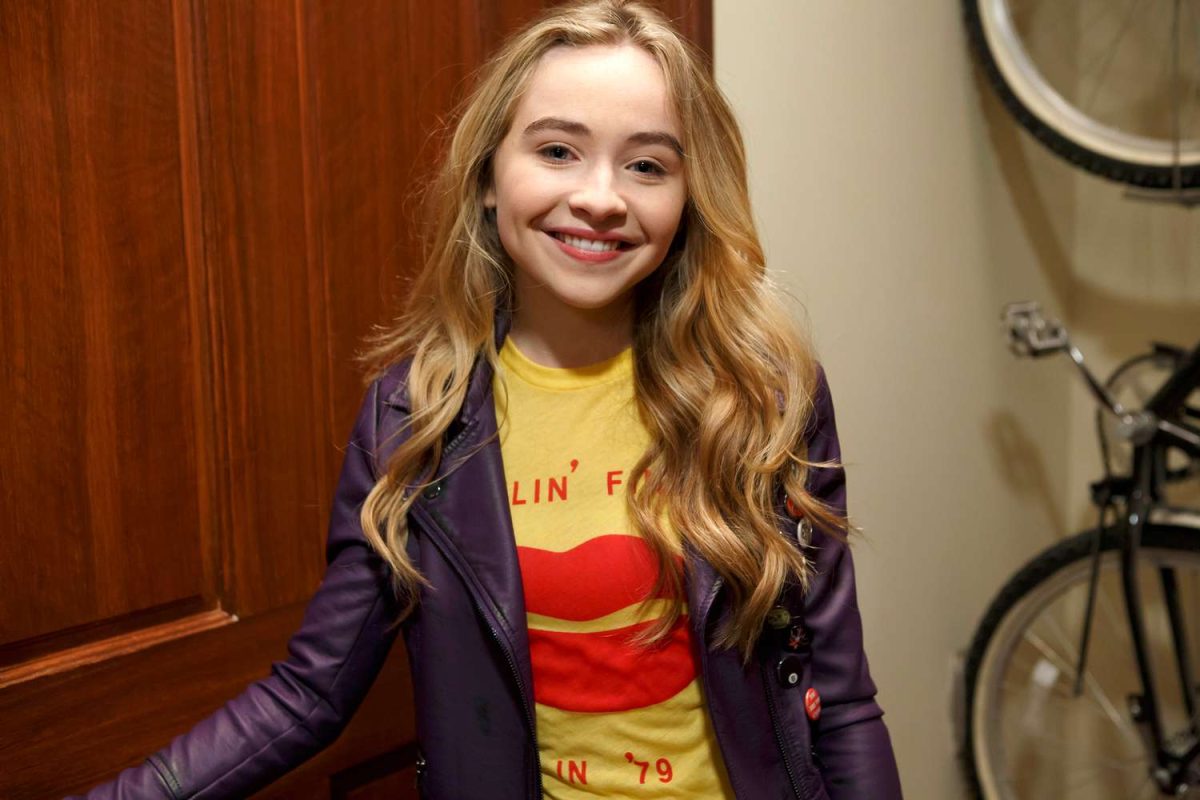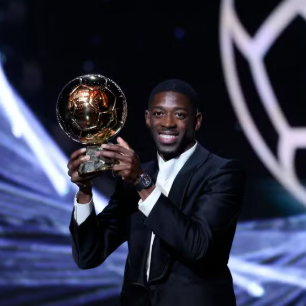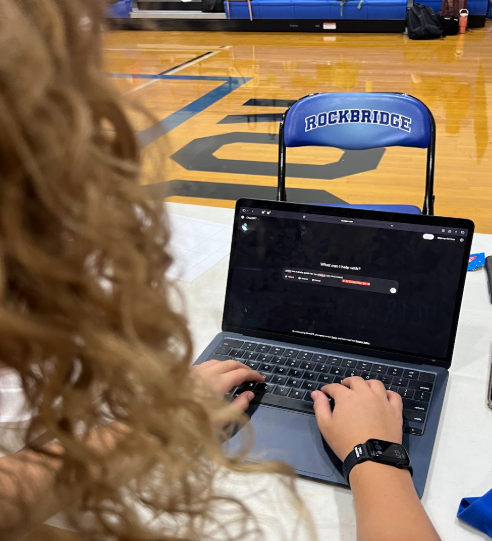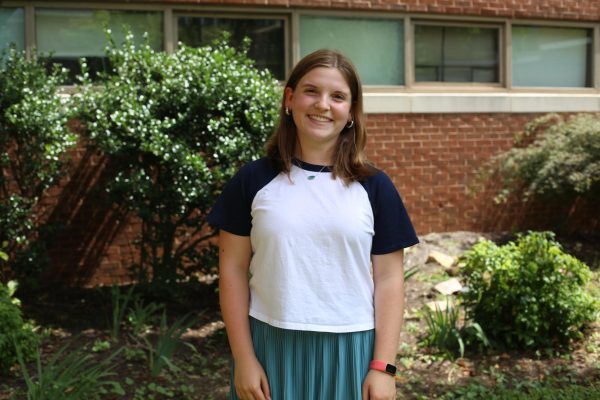As music awards season rolls around, many notable singers such as Sabrina Carpenter, Olivia Rodrigo, and Dove Cameron are in the spotlight as they are nominated for their new releases. What some people don’t know is that before they were known for their music, these artists were Disney child actors on popular kids’ television shows.
As these child stars have matured, some have developed a more sultry image that is reflected in their music, acting, and style. This has both thrilled and angered fans, who remember when these artists were younger actors with Disney.
Sabrina Carpenter, a popular singer whose hits “Tears” and “Manchild” have dominated recent music charts and sold out arena concerts, started out as a child actor on the series “Girl Meets World,” in which she starred as the main character’s best friend. Carpenter also voiced characters in other prominent Disney shows and movies as a teenager, cementing her role as a child star of the 2010’s.
These series’ target audience were 6 to 14 year-olds, and so Carpenter’s portrayal as an innocent, funny young tween stuck with many fans. Now, however, Carpenter writes songs for older teens and young adults, often with sexual innuendos and other mature themes. She has incited controversy among former and news fans who cannot see her fame as a whole, instead focusing on individual phases of her stardom.
This is an extremely harmful position to take on a celebrity. Yes, she has drastically developed as a person and a performer. Who are we to judge? If we all stayed the same as we were when we were 12 or 13, things would be very boring. Expecting child stars to remain the same throughout their life puts pressure on them to please every fan, which is already an impossible standard to meet.
Also, as drastic as her evolution from a Disney actor to a “pop girlie” has been, it was a slow and steady process. Between 2015 and 2019, she released four albums, all with somewhat mixed degrees of success: “Eyes Wide Open” (2015), “Evolution” (2016), and “Singular: Act I” (2018), and “Singular: Act II” (2019). Her true breakthrough into the music scene came in 2021, though, with the release of her fifth studio album, “Emails I Can’t Send.”
While riding the wave of success that came with “Emails I Can’t Send,” Carpenter opened for Taylor Swift’s Eras Tour and released a Chris
tmas EP, “Fruitcake.” Her biggest achievement during this time was the release of “Espresso,” in April of 2024. A smash hit, it won dozens of awards over the summer and topped the Billboard Global 200.
“Espresso” was a lead single for her sixth studio album, “Short ‘n’ Sweet,” which came out in August of 2024 after the release of “Please Please Please,” another single from the album. This put Carpenter on the global stage, giving her six Grammy nominations and the award for Best Pop Vocal Album. Her stardom now reached a fever pitch, and her tour featuring more mature songs quickly gained controversy among parents who took kids and former fans who didn’t recognize the star they once knew.
These comments have only gained traction with the release of “Man’s Best Friend,” whose album cover features a faceless man holding Carpenter’s hair as if it’s a leash while she is on her hands and knees. Not only has the album cover art garnered criticism, but the music has as well. Like “Short ‘n’ Sweet,” Carpenter continued to make cheeky, sexual references, only this time, they were more explicit.
“I don’t do anything anticipating what the reaction will be. I only do things that speak to me, feel right, and make sense when you hear the music,” Carpenter said, in response to recent criticism.
She has made clear to fans that it is not her responsibility to cater to a younger audience, and has encouraged parents to only take kids to her concerts if they are informed.
“People underestimate how tricky it is to navigate being a young woman, having relationships, and then having a bunch of strangers have opinions on them,” Carpenter said. “I know it’s a tale as old as time. It’s just unfortunate that it’s still a tale.”
Carpenter is now 26 years old. Like any young adult, she has every right to explore the world around her and act how she wants. Nobody other than her has a say about what songs she writes or how she displays herself in public.
It’s unfair that a young woman, or man, should be expected to remain the same as they were at a younger age. Not only is it unrealistic, but it is also idealistic. If we could not expect that of ourselves, we cannot reasonably project that standard on others.

